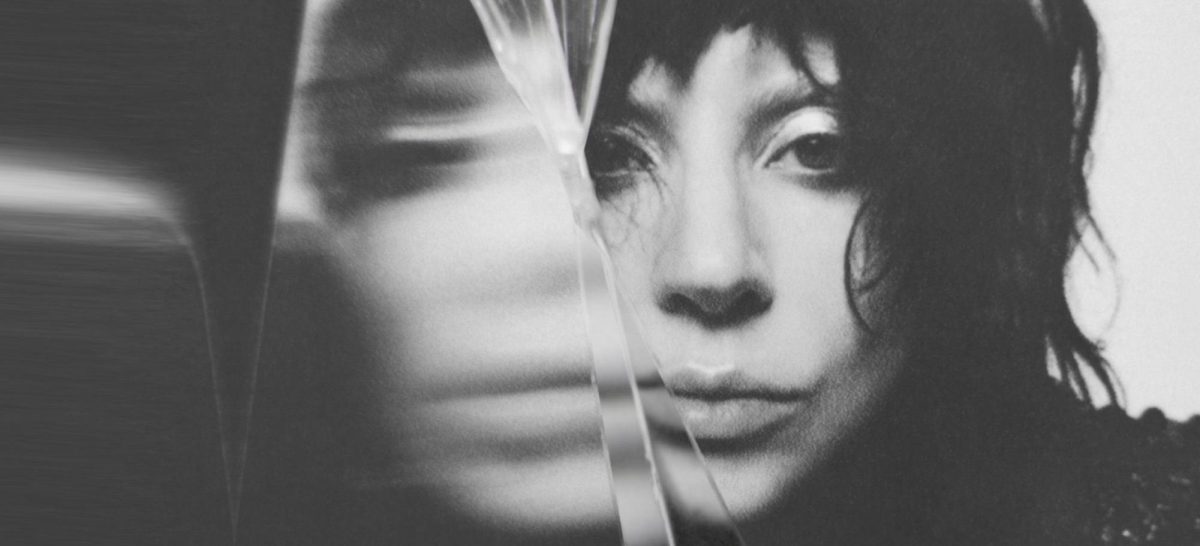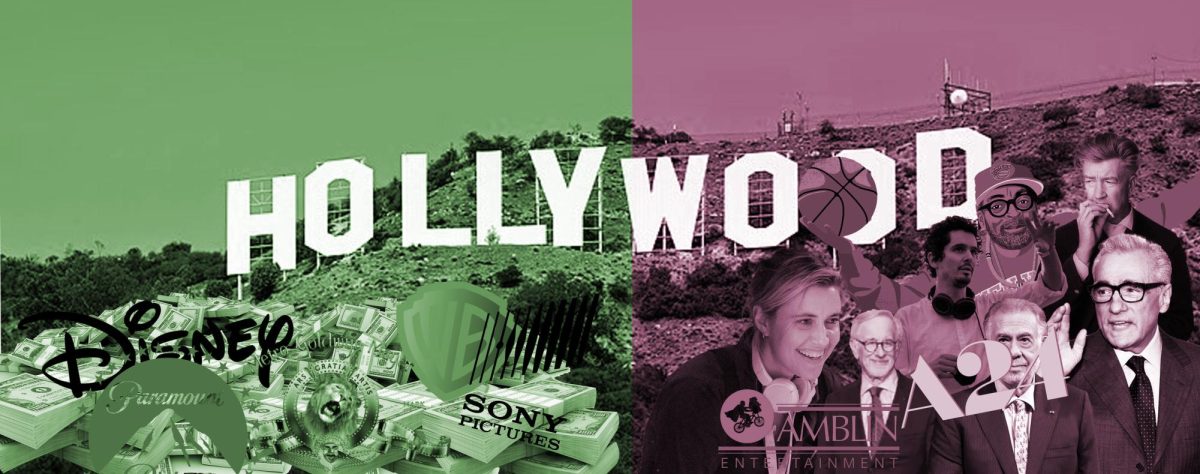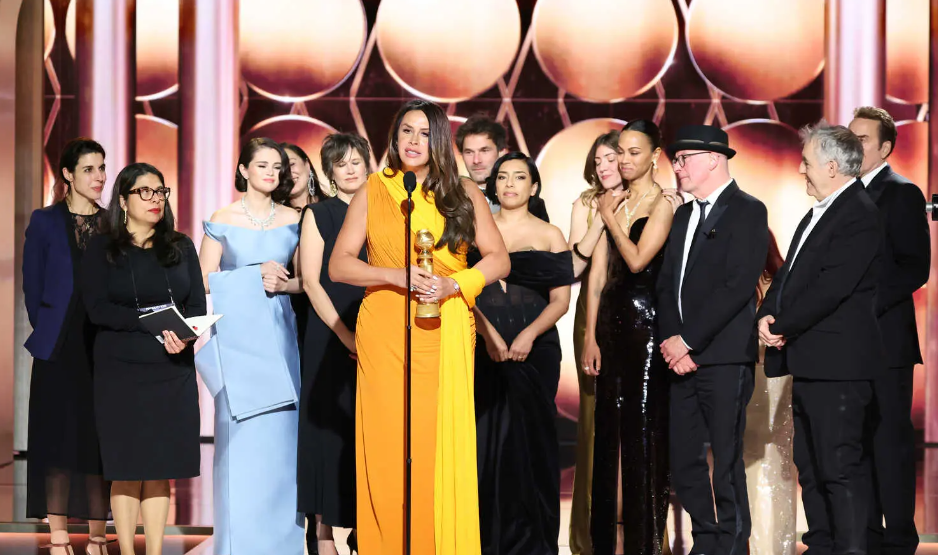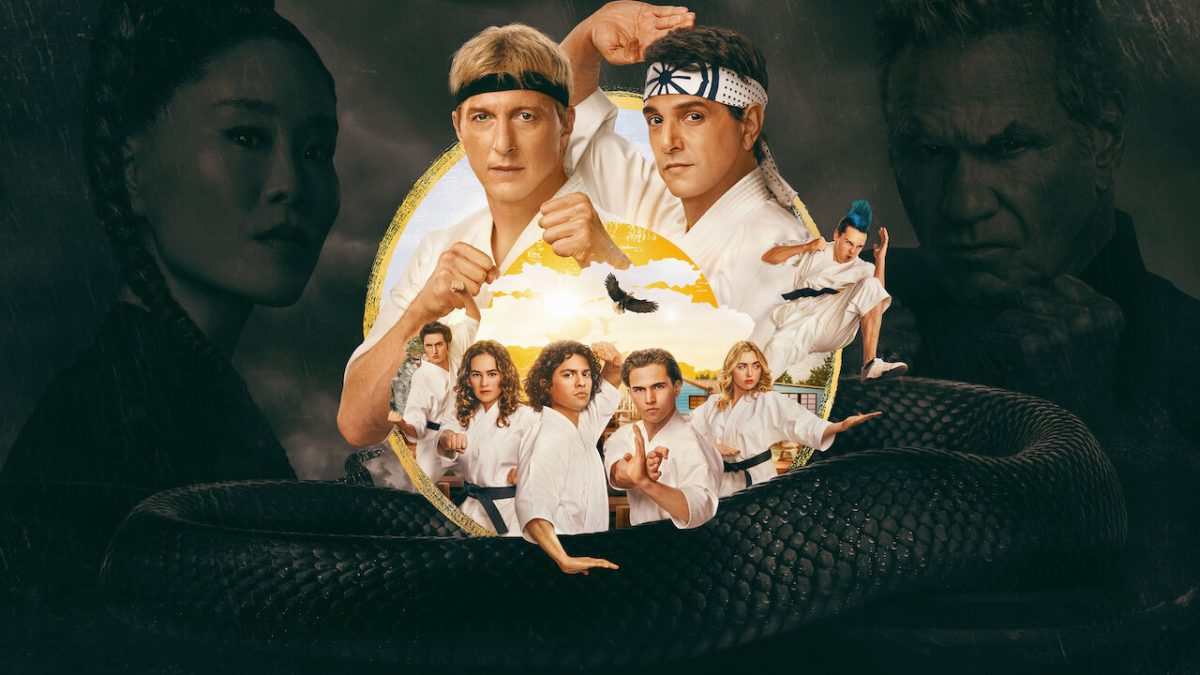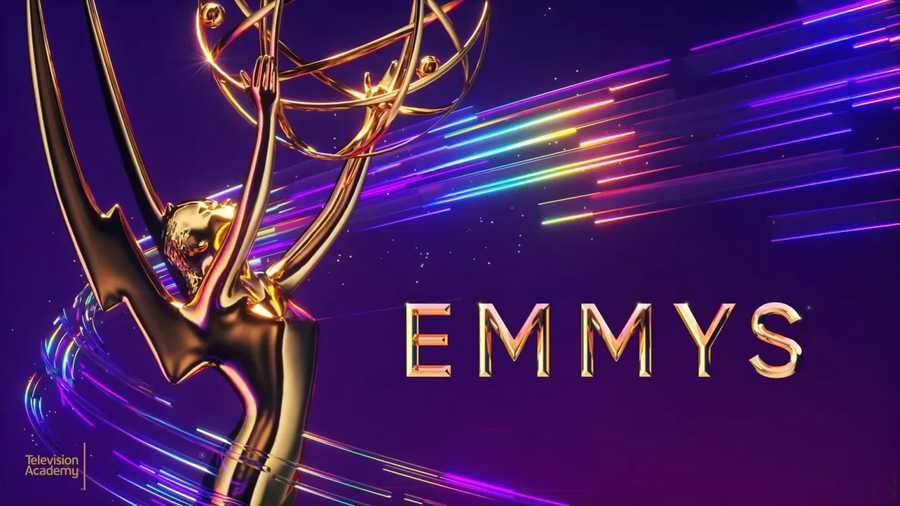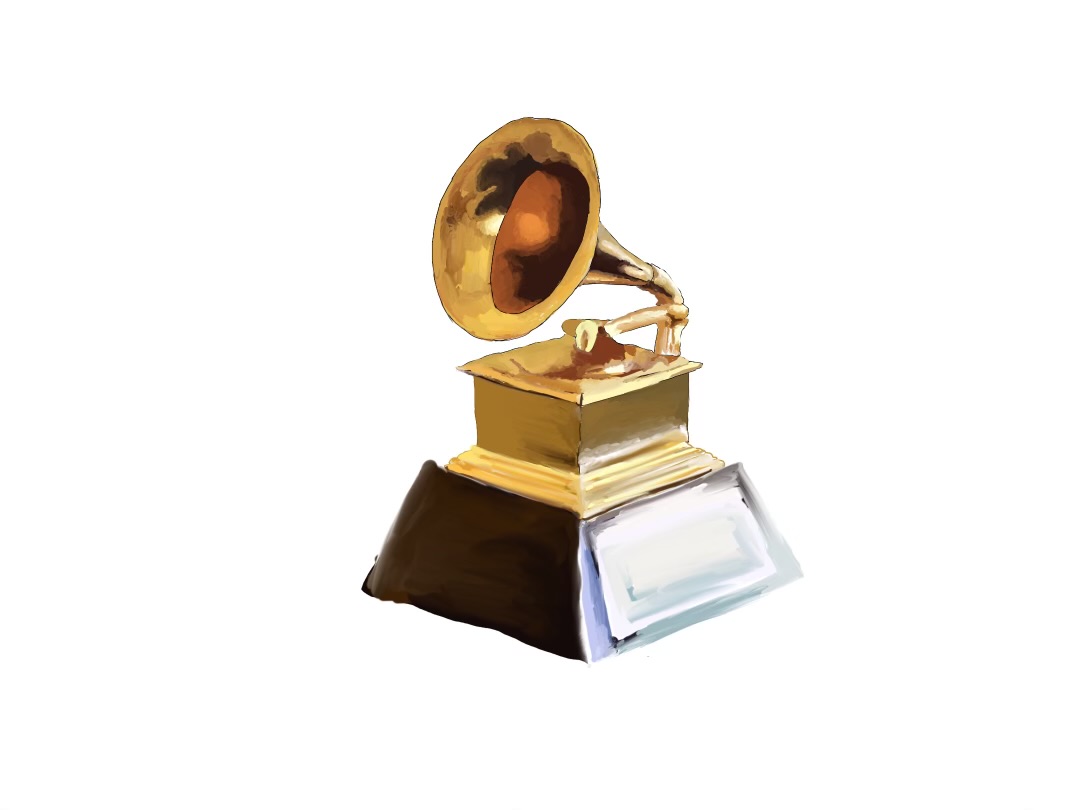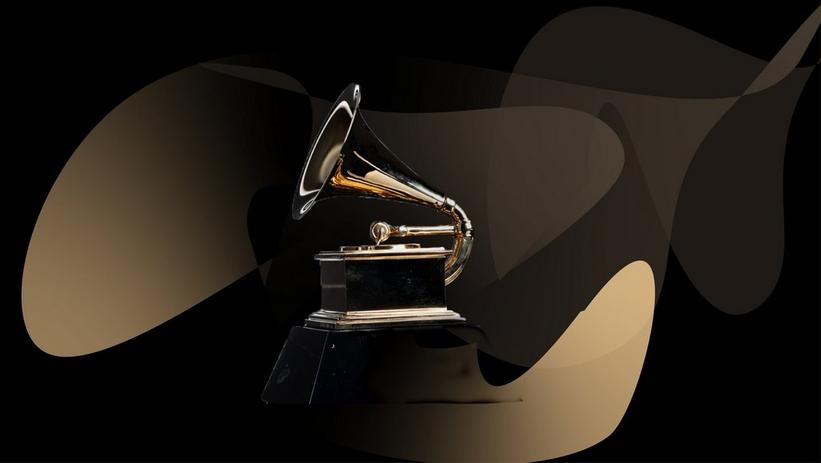
Some shows have a very divided audience. On one side are avid fans who praise the show’s every move. On the other are critical viewers, who watch the show for one reason or another but view it with distaste. Glee is one of those shows. In its final season, Glee has received its lowest ratings yet, but it still has a dedicated fanbase. Despite its faults–and there are many–it remains a fan favorite, true to its roots, and will leave a lasting legacy as it departs in March.
“The Hurt Locker, Part One”, the fourth episode of the season, locked in the lowest rating of a Glee episode ever, a far cry from the 10 or 11 million Americans who watched the show every week in its prime. Part of the issue is that Glee’s cast is no longer the main draw. Its writers try to create storylines using conflict between characters. However, their approach makes characters seem whiny and grating. This season’s competition pits Rachel (Lea Michele) and Kurt (Chris Colfer)’s club against Will (Matthew Morrison)’s polished team, Vocal Adrenaline, and Blaine (Darren Criss)’s fan favorites, the Warblers. Of course, there is intrigue and blackmail. The intention is to make the New Directions look like underdogs, in an attempt to recreate the success of Glee’s first season. However, the show is just past its prime.
The fact that Glee has gone as far downhill as it has is strange considering creator Ryan Murphy’s other successes. His critically acclaimed show American Horror Story is on its fourth season, and a TV movie, The Normal Heart, picked up several Golden Globe and Emmy nods. Glee shared many of the groundbreaking and praiseworthy qualities of his other work at first; now, it is proof that Murphy should dedicate his strengths to a new project. A promising new “comedy/horror anthology” show will debut in fall.
Experimental cinematography, contrived dialogue, inconsistencies, and a lack of strong musical performances are only a few of the issues Glee faces. Unfortunately, it has gotten to the point where the Empire commercial breaks are more entertaining than Glee itself. In fact, if Glee had been done right, it would be Empire. In contrast to the awkwardly placed musical numbers of the former, Empire’s music is organically placed, in situations where real people might sing and dance (i.e., not in the middle of a crowded high-school hallway). Empire also has more original storylines that, while driven by tension, feature characters the audience can sympathize with.
Another musical show, aired by FOX competitor ABC, has not made much news lately but remains a genuinely good show. Like Empire, Nashville’s country covers and original songs are enjoyable and not overly-processed like those of Glee. With several female leads and a unique concept, it is another example of a successful music-centered show.
Taking a cue from the recent uptick in musical TV shows, networks have begun to venture into other ways to combine music and television. CBS surprised audiences with its live, telecast version of The Sound of Music in 2013, trying to extend the success with 2014’s Peter Pan. FOX is getting on the bandwagon this year, and it will show a live production of Grease, while CBS is optioning The Wiz and Music Man for its third annual musical.
As Glee finally comes off the air, it will leave a lasting legacy. The show brought controversial topics like LGBT issues, bullying, and teen pregnancy to viewers, many of whom grew up with the show, and should be praised for its lessons of acceptance. Though it has had a rocky final season, it has inspired several other productions that have taken the musical-meets-TV trend and made genuinely good shows with it; Glee does deserve praise for that.
Glee is broadcast on FOX, Fridays at 9pm.



